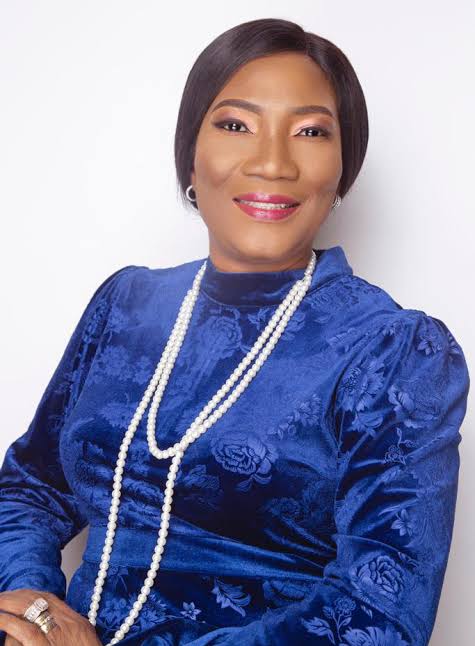National Chairman of the All Progressives Congress (APC), Dr. Dr. Abdullahi Ganduje, has expressed confidence in President Bola Tinubu’s prospects for re-election in 2027, asserting that no coalition of political forces can derail the will of Nigerians to keep Tinubu in office. Ganduje’s belief in the president’s political strength, achievements, and widespread support across the country would see to his victory having positioned himselfas a formidable candidate despite emerging opposition narratives. According to him, Tinubu’s performance since assuming office has been sterling adding that the president’s policies and reforms have resonated with Nigerians. Tinubu, who took office in May 2023, has pursued ambitious economic changes, including the removal of fuel subsidies and efforts to unify exchange rates, moves aimed at addressing long-standing structural issues in Nigeria’s economy. While these policies have sparked short-term hardships, such as rising inflation and living costs, Ganduje and other APC leaders argue that they are laying the groundwork for sustainable growth, which they believe Nigerians will reward at the polls. In addition to other factors, he said that Tinubu’s extensive political network and strategic acumen, added to being a veteran politician with decades of experience as he has built alliances across Nigeria’s six geopolitical zones, a factor that proved decisive in his 2023 electoral victory. Supporters like Ganduje contend that this coalition-building prowess, combined with Tinubu’s resilience in overcoming past political challenges, makes him a difficult figure to unseat. The APC chairman’s assertion also implies that Tinubu’s administration is actively working to consolidate its base, potentially neutralizing opposition efforts through grassroots mobilization and governance achievements. The statement comes amid growing speculation about political realignments ahead of 2027. Opposition figures, including former Vice President Atiku Abubakar of the Peoples Democratic Party (PDP) and others, have hinted at forming a coalition to challenge the APC. However, Ganduje dismisses these efforts as ineffective, suggesting that internal divisions within opposition parties—such as the PDP’s leadership struggles and the Labour Party’s organizational challenges—will undermine their ability to present a united front. He frames the Nigerian electorate as discerning, likely to prioritize Tinubu’s track record over what he portrays as fragmented and opportunistic alliances. Critics, however, might view Ganduje’s bold declaration as premature or overly optimistic. With more than two years until the election, public sentiment could shift depending on how Tinubu’s reforms impact daily life. Economic recovery, security improvements, and anti-corruption efforts will likely be key battlegrounds. If these issues falter, opposition forces could capitalize on discontent, regardless of their current disarray. Moreover, Ganduje’s own credibility as a messenger could be questioned, given his controversial tenure as Kano State governor and ongoing political rivalries, notably with Senator Rabiu Kwankwaso of the New Nigeria Peoples Party (NNPP), who has labeled him a liability to the APC. Ultimately, Ganduje’s statement is both a rallying cry for APC supporters and a challenge to detractors. It underscores the party’s intent to frame 2027 as a referendum on Tinubu’s leadership, betting that Nigerians will see his tenure as a period of necessary transformation rather than turmoil. Whether this prediction holds will depend on the administration’s ability to deliver tangible results and maintain unity within its ranks, has expressed strong confidence in President Bola Tinubu’s prospects for re-election in 2027, asserting that no coalition of political forces can derail the will of Nigerians to keep Tinubu in office. This statement reflects Ganduje’s belief in the president’s political strength, achievements, and widespread support across the country, positioning him as a formidable candidate despite emerging opposition narratives. Supporters like Ganduje contend that this coalition-building prowess, combined with Tinubu’s resilience in overcoming past political challenges, makes him a difficult figure to unseat. The APC chairman’s assertion also implies that Tinubu’s administration is actively working to consolidate its base, potentially neutralizing opposition efforts through grassroots mobilization and governance achievements. The statement comes amid growing speculation about political realignments ahead of 2027. Opposition figures, including former Vice President Atiku Abubakar of the Peoples Democratic Party (PDP) and others, have hinted at forming a coalition to challenge the APC. However, Ganduje dismisses these efforts as ineffective, suggesting that internal divisions within opposition parties—such as the PDP’s leadership struggles and the Labour Party’s organizational challenges—will undermine their ability to present a united front. He frames the Nigerian electorate as discerning, likely to prioritize Tinubu’s track record over what he portrays as fragmented and opportunistic alliances. Critics, however, might view Ganduje’s bold declaration as premature or overly optimistic. With more than two years until the election, public sentiment could shift depending on how Tinubu’s reforms impact daily lives.









